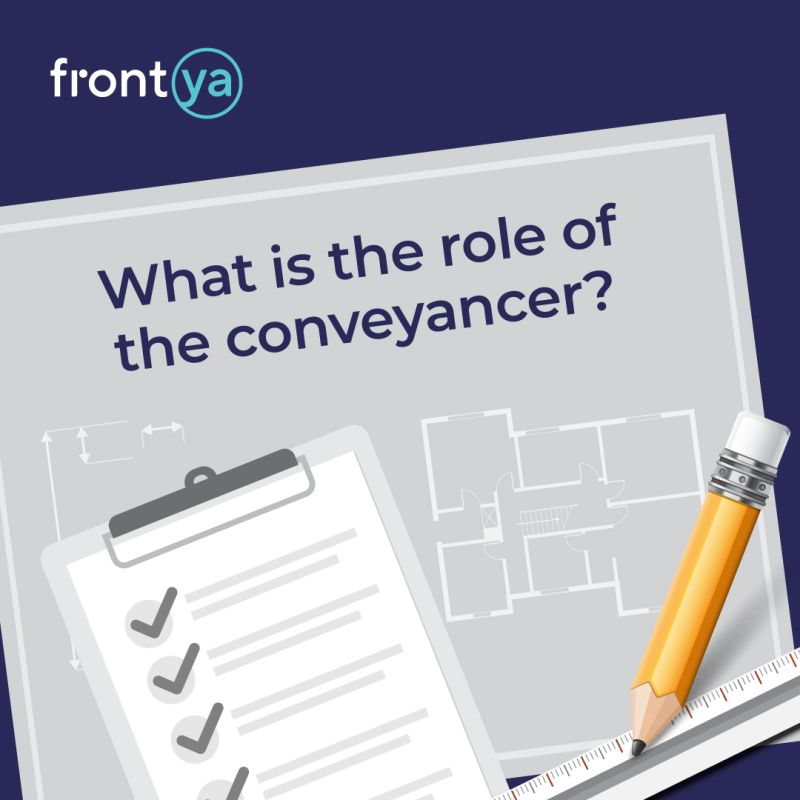Facts About Conveyancer Revealed
Facts About Conveyancer Revealed
Blog Article
More About Conveyancer
Table of ContentsAn Unbiased View of ConveyancerEverything about ConveyancerThe Buzz on ConveyancerThe Buzz on ConveyancerNot known Facts About Conveyancer
This includes sending out a transfer deed to the Land Windows registry. It guarantees the buyer's name is registered as the brand-new owner. Communicating with the Land Computer registry, a government division, updates the public record with the home's most current proprietor. The customer's lawyer manages the stamp task land tax after ownership transfer.It's payable to HM Revenue & Traditions. Purchasers need to pay this without delay, typically within 14 days of completion, to avoid charges. Building purchases come with costs, and conveyancing is no exception. Conveyancing costs cover two main locations: the conveyancer's charge and disbursements. The conveyancer's charge is for the lawful work of transferring residential property.
Repaired cost conveyancing bills an established rate for conveyancing work. No Sale No Cost conveyancing ('NSNF') charges only if the transaction is effective.
Picking a specialist is key to a smooth home purchase. For a conveyancer search, ask close friends or household who've bought property. Estate representatives may additionally recommend conveyancers.
The 30-Second Trick For Conveyancer
While both conveyancing lawyers and accredited conveyancers are more than capable of managing the whole acquiring and offering process, if there are any kind of other legal aspects that must be resolved during the deal (such as how you leave residential or commercial property in your Will), a conveyancing solicitor might be a better option.

Nevertheless, you need to know that generally conveyancers pay recommendation costs to the representatives for introduction of a new customer (Conveyancer). Provided that the estate representative gets a financial benefit if you pick their conveyancer, you must think about all of your options and go to multiple conveyancer and compare their fees and testimonials
Ask concerning their local home experience, charges, and the anticipated conveyancing timeline. Confirm their contact information for easy interaction. You may have listened to the term 'self-conveyancing'. While practically feasible, the procedure lugs risks and difficulties. It is feasible to do your very own conveyancing. Nothing legally restricts purchasers and vendors from working as their very own conveyancer.
The 45-Second Trick For Conveyancer
Conveyancing includes many lawful terms and detailed procedures. One basics oversight can jeopardise your residential property rights.
A conveyancer has the knowledge to manage intricacies, making certain a smoother process. A conveyancer assists when you're selling. A conveyancer assists in the preparation of legal papers necessary for the building sale. These papers include title actions, residential or commercial property info types, and fixtures and installations lists. Preparing the sale contract is another job, describing terms of sale, building cost, borders, and rights of method.

What Does Conveyancer Mean?
This post will certainly explain the importance of the function and the various kinds of professional conveyancers.

Conveyancers have to adhere to legal procedures when preparing and refining documents for the transfer of residential property from one individual to another. A conveyancer can only act on behalf of both celebrations in certain scenarios - as an example, if the 2 events relate or they are in business partnership together. But a conveyancer has to not represent both celebrations if they have a conflict of interest in connection with the transaction.
Conveyancing businesses must have specialist indemnity insurance coverage. You require to show proof of the insurance coverage when you renew your enrollment each year - for instance, a copy of the insurance coverage certification.
What Does Conveyancer Mean?
Conveyancing is the legal procedure by which the lawful ownership of an unmovable property is obtained. Essentially, a new deed of transfer is formulated by a conveyancer and lodged at the acts office. In this write-up, we will take a look at whatever you need to know regarding conveyancing. A conveyancer is an attorney who has specialised (and certified) in the prep work of deeds records which by legislation are registrable in the Deeds Registry.

A conveyancer is primarily the transfer attorney of a property, a bond attorney attending to a new bond registration, or a cancellation attorney addressing the cancellation of existing bond(s). The conveyancer gets all the legal documentation in order to have the ability to file with the Deeds Workplace. When you get a residential property, the seller will certainly appoint explanation a conveyancer that will file with the Deeds Office to get the property moved to your name.
Report this page